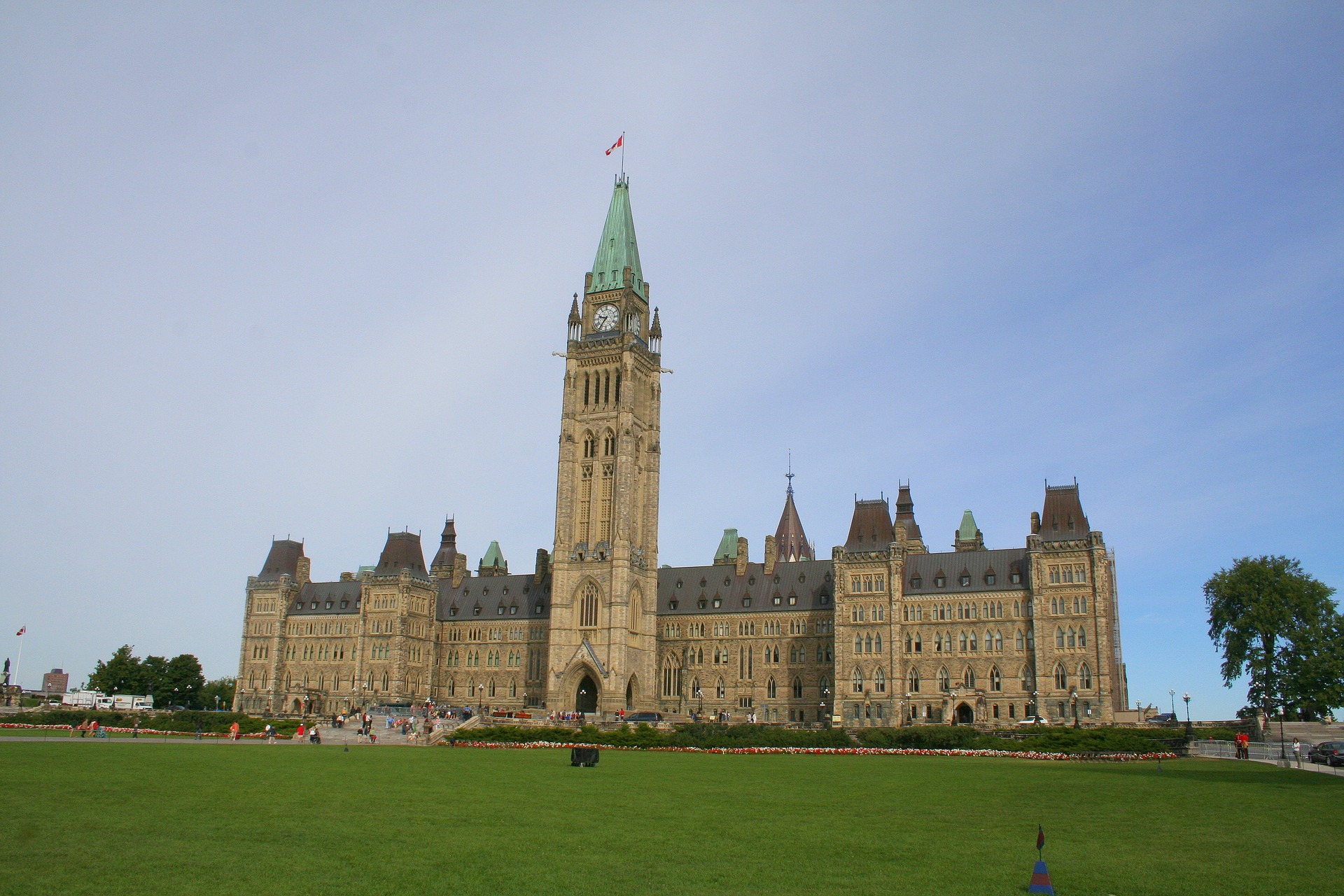The Government of Canada has released the fall financial statement showing Canadians can expect an additional $20.8 billion in additional spending over the next six years.
Finance Minister Chrystia Freeland tabled the 2023 the fall economic statement in Parliament showing a focus on housing and making the cost of living more affordable to Canadians, but some MP’s are calling the plan disappointing.
In a press conference, NDP leader Jagmeet Singh says the financial statement doesn’t put Canadians first and is just not good enough.
“This is not a budget, it doesn’t put the urgency of what Canadians are going through, or what they’re going through,” Singh said. “It’s another example of where Canadians are disappointed about the Liberals not meeting the urgency, and money is delayed.”
The budget outlines $15 billion in low-interest financing to build more apartments, as well as an additional $1 billion being tabled for 7,000 new non-profit homes, but Nanaimo-Ladysmith MP Lisa-Marie Barron says this is not enough to help address the current crisis.
“With the population of Canada, a little over 38 million, 7,000 homes is just a drop in the bucket and nowhere what we need when people are experiencing a housing crisis,” Barron says. “Low-interest financing will help everyone get housing, especially students.
“This will help with co-op housing which is another huge factor for affordability.”
While Barron says it is about time the government stepped up to provide housing across the country, she says Canadians can expect a huge delay for building these homes and for the crisis to continue.
“Much of this housing that’s being promised is not expected to be delivered until 2025-26,” she says. “This is far too far; people need housing now!
“The amount is not enough, and the delivery time is also not timely enough.”
According to the Canadian Mortgage Housing Corporation, 256,280 units were built in October, which is up one per cent from 253,957 units in September.
The budget also highlights a potential impact to stabilize grocery prices. Barron says Bill C-352was tabled to help hold grocery giants accountable for price fixing and overcharging by implementing fraction penalties if they are caught. The consequences would include a $25 million penalty for the first infraction and a $35 million infraction for the second.
“This is a result of the NDP’s work, calling on the Liberals, to hold grocery CEOs to do what is right for everyone and not for their profit,” she says. “It highlights changes to the Competition Act; the changes hope to end merges and monopolies to ensure Canadians have choices and end greenwashing.”
Barron also noted mental health is an increasing concern across the country and says she is pleased the government has tabled more resources to help Canadians get the help they need.
“Mental health services are largely unaffordable, and inaccessible,” she says. “Removing the tax on counseling services is a major part of making healthcare more affordable, but there is still so much more for the government to do.
“This is a step in the positive direction to get Canadians the help they need.”
The fall economic statement was tabled in the House of Commons on Nov. 3 with Conservative Party leader Pierre Poilievre summing it up as ‘non-confidence’, but Barron says a confidence vote doesn’t apply in this area.
“The government are the ones that would call a no-confidence vote that may, or may not, bring us to an election,” she says. “This not the place we would see this. This is a statement that is being brought forward for us to see the government’s priorities moving forward, which I feel are nowhere near good enough.”
Barron says the next vote on finances is expected to take place in March.






